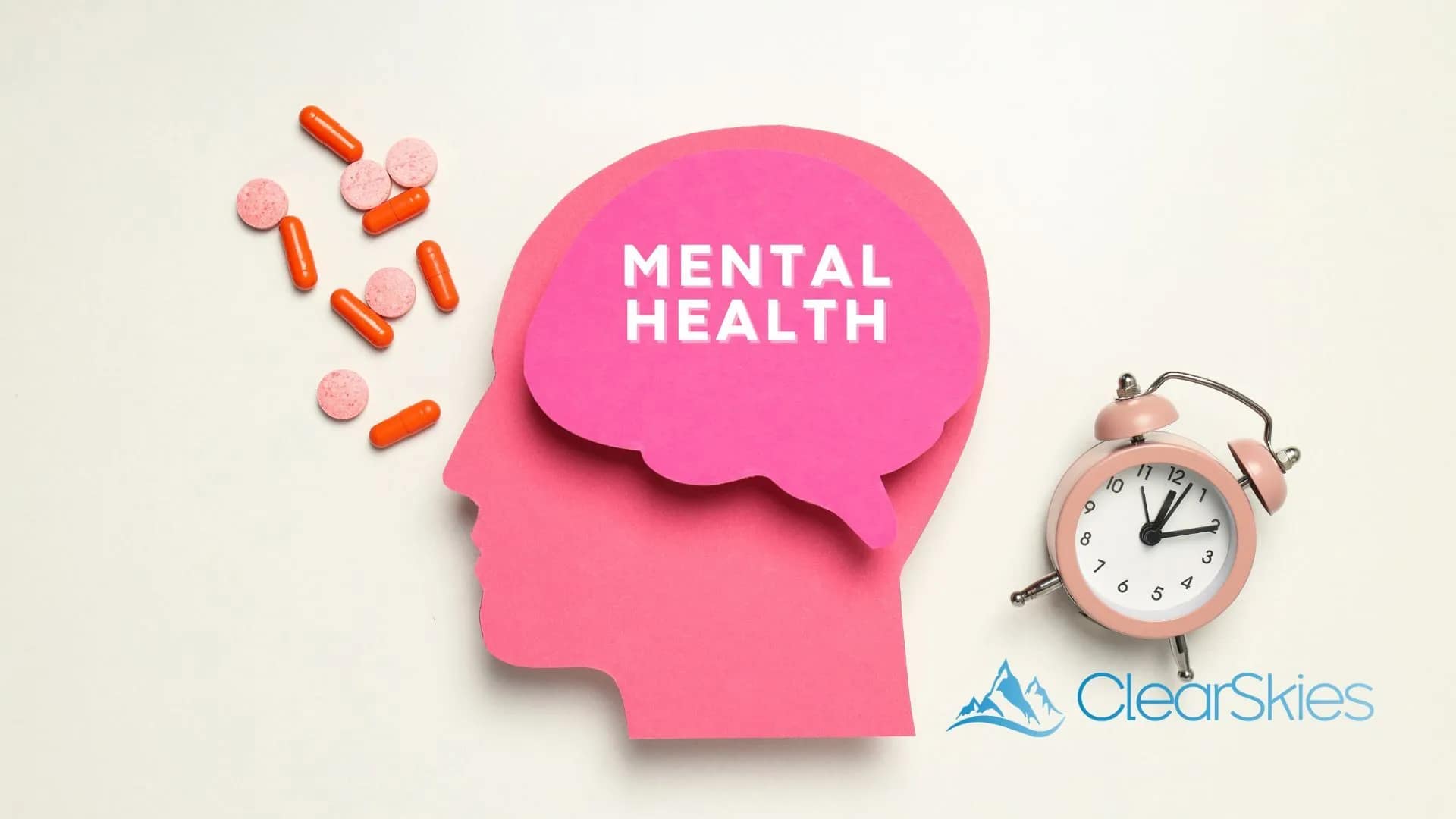
Preparing for Seasonal Depression
Tools and Support to Help You Navigate Seasonal Shifts in Mood
What Is Seasonal Depression?
Seasonal depression, also known as Seasonal Affective Disorder (SAD), is a subtype of major depressive disorder or bipolar disorder. For those affected, symptoms emerge and subside in predictable patterns that coincide with seasonal changes. In the United States, about 5% of adults experience SAD annually. For some, it may cause mild irritability or fatigue, but for others, the impact can be far more debilitating—interfering with work, relationships, and overall quality of life.
While SAD is most commonly associated with the winter months, it is not exclusive to cold seasons. Some individuals experience a summer-onset form marked by symptoms like insomnia, agitation, and decreased appetite. However, winter-onset SAD remains the most prevalent and widely recognized form of the condition.
Symptoms of Seasonal Depression
The symptoms of SAD closely resemble those of major depressive disorder but follow a seasonal cycle. Individuals may experience persistent sadness, hopelessness, or a lack of motivation. Low energy, difficulty concentrating, changes in sleep, often with a tendency to oversleep, and increased cravings for carbohydrates are also common. These changes can result in weight gain and a withdrawal from social interactions and once-enjoyed activities. In those with bipolar disorder, SAD may trigger depressive episodes during the winter months and episodes of mania or hypomania during the spring and summer.
What Causes Seasonal Depression?
SAD is thought to result from a combination of biological, environmental, and lifestyle factors. A significant contributor is reduced exposure to sunlight during fall and winter. This reduction can disrupt the body’s internal clock, or circadian rhythm, leading to mood and energy changes. Sunlight also helps regulate serotonin, a key neurotransmitter involved in mood regulation. Lower levels of serotonin are linked to increased depressive symptoms. Additionally, the extended darkness of winter can increase melatonin production, which affects sleep and contributes to fatigue.
Environmental factors such as colder temperatures and shorter daylight hours limit time spent outdoors and reduce opportunities for physical activity and social interaction. Added stress from holidays, financial pressures, or isolation can further worsen symptoms. Genetics also play a role, as individuals with a family history of depression or SAD may have a higher predisposition due to inherited differences in how their bodies manage serotonin and react to seasonal changes.
How Seasonal Depression Impacts Daily Life
The effects of SAD often extend into nearly every area of life. Many individuals find that their productivity suffers due to mental fog and fatigue, making it harder to meet work responsibilities. Socially, the withdrawal that often accompanies SAD can place strain on relationships and increase feelings of loneliness. Physically, the combination of overeating, decreased activity, and disrupted sleep can lead to low self-esteem and even long-term health concerns. Left unaddressed, SAD can significantly diminish one’s quality of life.
Effective Solutions for Managing Seasonal Depression
Fortunately, there are several well-established treatments for SAD that can help manage symptoms and improve daily functioning. Light therapy, or phototherapy, is among the most widely recommended interventions. This treatment involves exposure to a light box that mimics natural sunlight, which helps regulate serotonin and melatonin levels. Used consistently, light therapy often produces noticeable improvements within a few weeks.
Cognitive Behavioral Therapy (CBT) is another highly effective treatment. CBT helps individuals recognize and shift negative thought patterns and encourages behavioral activation, engaging in activities that promote a sense of accomplishment and enjoyment. In some cases, medication may be necessary. Antidepressants, especially selective serotonin reuptake inhibitors (SSRIs), are commonly prescribed for SAD. A healthcare provider can assess whether medication is an appropriate part of treatment.
Lifestyle changes also play a crucial role. Vitamin D supplementation can help counteract deficiencies caused by reduced sunlight exposure. Physical activity, even in moderate forms like walking or yoga, stimulates endorphin release and supports better sleep and mood. A balanced diet rich in whole foods, lean proteins, and complex carbohydrates helps stabilize energy and avoid the emotional crashes often triggered by sugar and processed foods.
Social connection is key. Whether through family, friends, or support groups, regular contact with others provides a valuable buffer against loneliness and negative thinking. Incorporating mindfulness practices such as meditation, breathing exercises, or journaling can also help manage stress and support emotional balance.
The Importance of Seeking Professional Help
While these strategies can be effective, professional counseling is often essential in developing a sustainable, personalized approach to managing seasonal depression. At Clear Skies Counseling in Abilene, Texas, our therapists offer evidence-based treatment for SAD, including CBT and supportive therapy. We work collaboratively with clients to identify triggers, build resilience, and create a plan that fosters long-term emotional well-being.
Preparing for Seasonal Depression
Proactive preparation is one of the best defenses against the onset of seasonal depression. Beginning light therapy early in the season, establishing a consistent routine, and planning meaningful activities to look forward to can reduce the severity of symptoms. Tracking your mood and energy levels through journaling or digital tools can also help you recognize changes early and respond with timely interventions.
By understanding the signs of SAD and taking early action, individuals can minimize its impact and regain control of their emotional health. If you’re noticing early signs or struggling with seasonal depression, Clear Skies Counseling is here to support you with compassionate, evidence-based care.

Prioritize Your Mental Health Today


